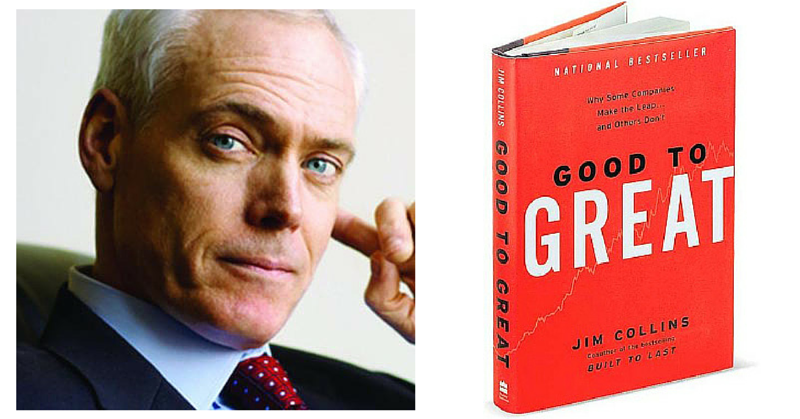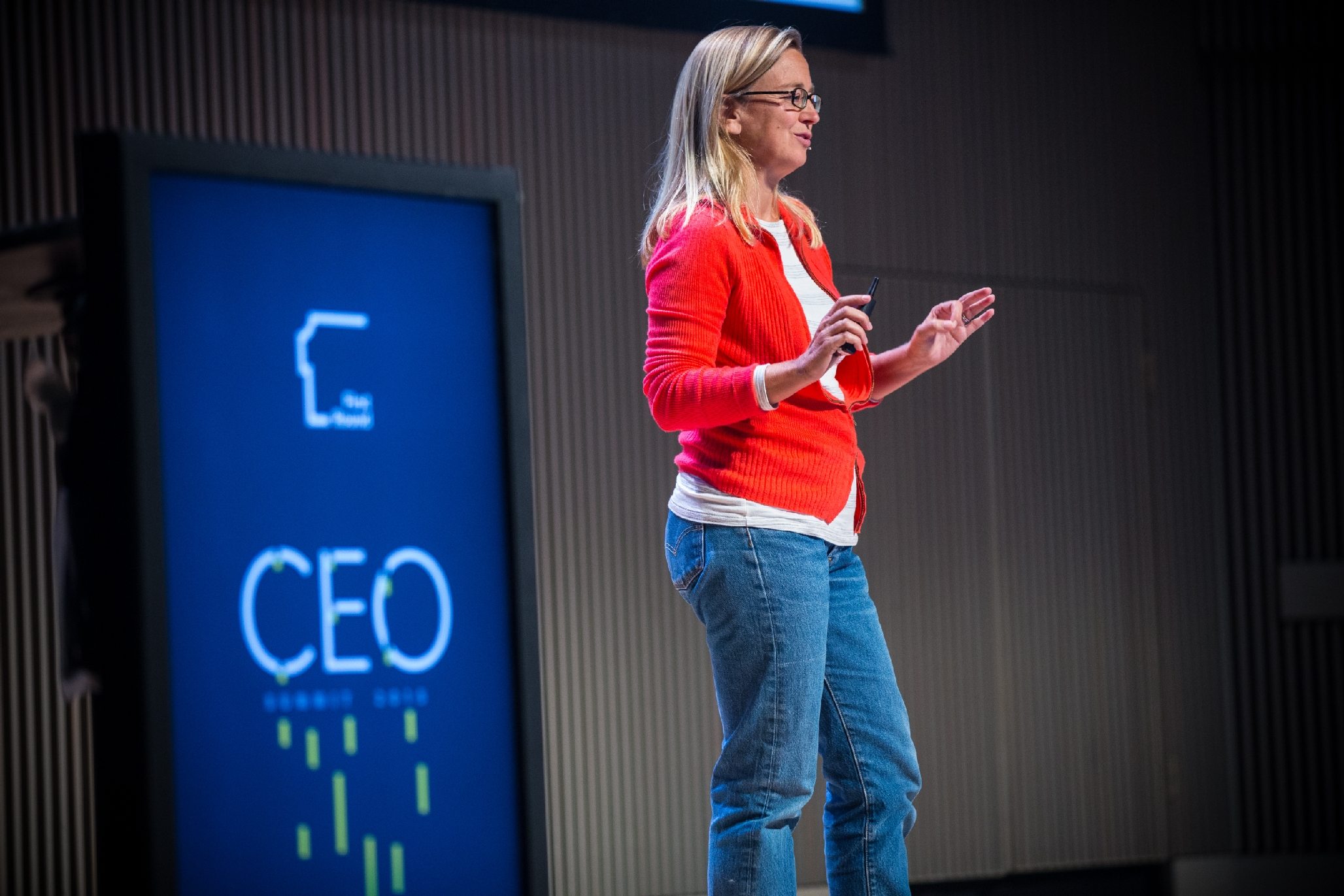Radical Candor: The surprising secret to being a good boss
15 favourite books In this list (and quick summaries) of various books, are some insights that could pivot your thinking about work and life. Here's my favourite part: If true wealth consists in worriless sleeping, clear conscience, reciprocal gratitude, absence of envy, good appetite, muscle strength, physical energy, frequent laughs, no meals alone, no gym class, some physical labor (or hobby), good bowel movements, no meeting rooms, and periodic surprises, then it is largely subtractive (elimination of iatrogenics). Removal is better than addition: Cure illness by finding the cause, not by adding medication. Cure unhappiness by finding the source, not by adding indulgence. |
� | � |  | |
Silicon Valley has China backwards On my own trips to China, I've used WeChat to authenticate my identity at public WiFi spots, pay for food, hail a taxi, book domestic travel, schedule meetings, and, yes, chat with friends and colleagues. The technology behind WeChat is good, but the real breakthrough is that, from a market standpoint, the app already does what dozens of Western firms are still trying to accomplish - bundle an array of consumer services into a single app and scale that app to win market share. When I travel to Silicon Valley - where the mobile payment wars are still nascent - people ask why firms like Facebook and Google haven't brought a successful alternative to the market. But isn't it better to ask why Tencent, which owns WeChat, hasn't brought its solution to the U.S.? |
The hand over heart gesture When Hillary Clinton told her audience at a rally in Las Vegas, "Here's what I believe," she punctuated those words with not just a vocal flourish but a physical one. Up went her hand, placed over her heart. Michelle Obama put her hand on her heart multiple times when she mentioned her daughters. Khizr Khan, the father of a Muslim United States soldier killed in combat, did the same when the crowd applauded his son's sacrifice. Prime Minister Justin Trudeau of Canada may have inspired the trend: He put his hand to his heart so humbly and so often before cheering audiences during his campaign, it became almost a trademark. The gesture is more common as a greeting or a sign of respect in parts of Asia and the Middle East, so it's possible Mrs. Clinton picked it up while traveling as secretary of state. |
| � |  | |
The Degree of Optimal Ignorance Narayana Murthy has been known for his candour. His quote that Indians have the highest ego per unit of achievement went viral. I tend to agree. This ego is stopping a lot of us from learning and improving ourselves. Found another gem in his oped piece about Azim Premji - "I use a principle called the Degree of Optimal Ignorance (DOI) in every decision I take. This principle states that your knowledge for any decision should be strategic and not be as much as your subordinate and not as little as your boss. You learn to arrive at the optimality through experience." The full oped at the link below. |
The Honesty Coffee Shop When customers enter the Honesty Coffee Shop in Batanes (Philippines), they will never encounter anyone manning the place. They help themselves to a cup of coffee or a bottle of cola, or can munch on biscuits, fried bananas and sweet potatoes that have been prepared and laid out for them at the counter. After a nice meal, they are expected to pay for the service by dropping cash or coins into a wooden "payment box" at the counter and scribble down what they bought on a notebook. has been operational for 17 years now. There is hope for humanity after all! |
Jim Collins - Good to great Jim Collins (author of 'Good to Great') and his team started with 1435 good companies and narrowed it down to 11 great companies that beat the markets by a factor of over 3:1 over a period of 15 years. Companies that make the change from good to great have no name for their transformation - and absolutely no program. They neither rant nor rave about a crisis - and they don't manufacture one where none exists. They don't "motivate" people - their people are self-motivated. There's no evidence of a connection between money and change mastery. And fear doesn't drive change - but it does perpetuate mediocrity. In each of these dramatic, remarkable, good-to-great corporate transformations, we found the same thing: There was no miracle moment. Instead, a down-to-earth, pragmatic, committed-to-excellence process-a framework-kept each company, its leaders, and its people on track for the long haul. In each case, it was the triumph of the Flywheel Effect over the Doom Loop, the victory of steadfast discipline over the quick fix. |
TradeBriefs Publications are read by over 10,00,000 Industry Executives









No comments:
Post a Comment